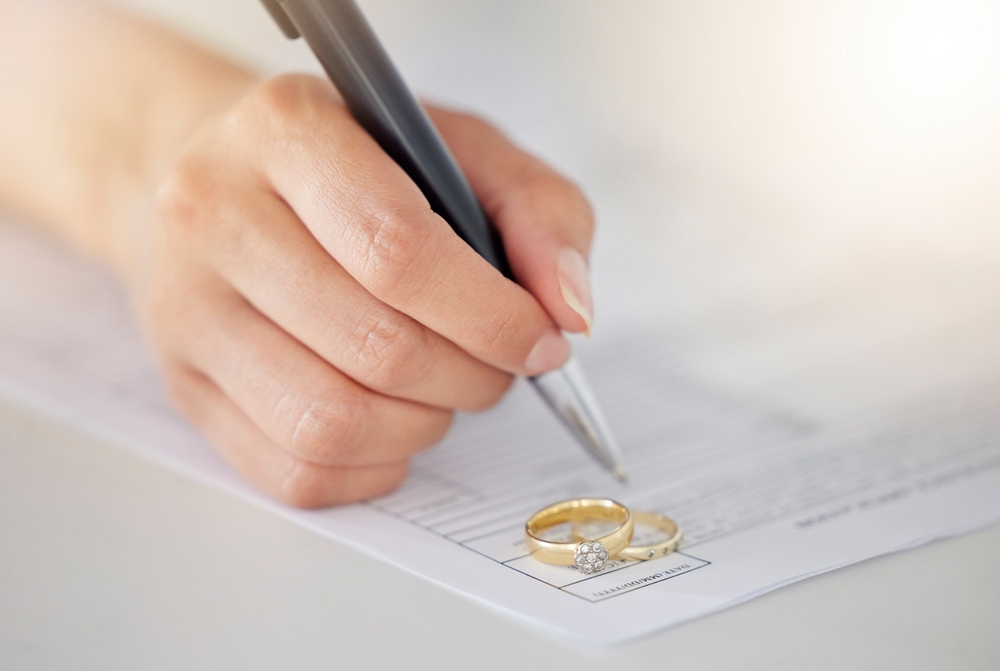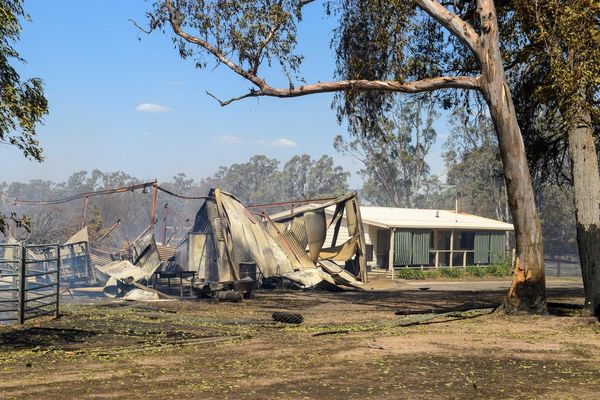
Many people imagine divorce as a clean break and a fresh start. But sometimes, that new beginning doesn’t feel freeing at all. The emotional and financial weight can linger long after the papers are signed. When the dust settles, you might find yourself wondering what went wrong—or why happiness still feels out of reach. Understanding what happens when divorce isn’t the happy ending you hoped for can help you rebuild in a real, grounded way.
1. The Emotional Hangover
Even when you know divorce is the right choice, the aftermath can hit harder than expected. Relief might mix with grief, guilt, or even fear. You lose not just a partner but a shared identity, and that can leave a hole that’s hard to fill. The silence in your home can feel like a reminder of everything you planned and lost.
This emotional hangover is normal. It’s part of adjusting to a new version of your life. Some people rush to fill the space—with work, dating, or distractions—but healing takes time. Talking with a counselor or joining a support group can help you process those emotions instead of burying them. Websites like Psychology Today’s therapist directory can make finding help easier.
2. The Financial Reality Check
Divorce doesn’t just end a relationship; it splits a household. Suddenly, two sets of bills replace one. Rent, utilities, insurance, and groceries all cost more when you’re footing them alone. If you relied on your spouse’s income or benefits, the adjustment can feel like a free fall.
Creating a new budget is one of the first steps toward stability. Be honest about what you can afford and where you need to cut back. It may mean moving to a smaller place or postponing major purchases. The goal isn’t punishment—it’s control. Regaining control of your finances helps you feel grounded again and gives you space to plan your future without panic.
3. Changes in Friendships and Family Ties
Divorce often reshuffles your social circle. Some friends pick sides, others disappear, and a few surprise you with their loyalty. Family relationships can shift, too. Your in-laws might fade away, and even your own relatives may not know how to talk about what happened.
Loneliness can creep in when your support system suddenly looks different. It helps to reach out intentionally—join community activities, reconnect with old friends, or meet people through hobbies. Finding people who see you as more than someone who’s divorced can make a huge difference in how you rebuild your sense of self.
4. Parenting After Divorce
Co-parenting can be the hardest part of what happens when divorce isn’t the happy ending you hoped for. You’re still connected through your children, even if the marriage is over. Coordinating schedules, handling school events, and agreeing on discipline can feel like walking a tightrope.
Kids also feel the emotional fallout. They may act out, withdraw, or test boundaries while adapting to two homes. Maintaining calm and consistent communication helps them feel secure. When possible, avoid using them as messengers or emotional support. If things get tense, consider working with a mediator or family counselor to keep the focus on what’s best for the children.
5. The Quiet After the Chaos
At first, life after divorce can feel like constant motion—lawyers, paperwork, moving, explaining. Then it goes quiet. That quiet can be peaceful or painfully empty. You might question whether you made the right choice or feel lost without the familiar rhythm of your old life.
This stage can also be the beginning of real growth. When the noise fades, you can start to hear yourself again. What do you want now? What kind of life feels right for you—not as part of a couple, but as an individual? Answering those questions slowly and honestly helps you move from surviving to living again.
6. Rebuilding Trust in Yourself
One of the hardest parts of what happens when divorce isn’t the happy ending you hoped for is learning to trust your own judgment again. You might second-guess every decision—where to live, who to date, how to spend money. It’s easy to feel like you failed or missed warning signs in the relationship.
But self-blame doesn’t rebuild confidence. Small wins do. Handle one problem at a time, celebrate progress, and remind yourself that mistakes don’t define you. Over time, those small steps accumulate into a new kind of self-trust—the kind built on experience and honesty, rather than perfection.
7. Redefining Happiness
When divorce isn’t the happy ending you hoped for, it challenges your idea of what happiness even means. Maybe it’s not about a picture-perfect love story or a flawless new beginning. Maybe it’s about peace, stability, and self-respect. Happiness after divorce can look quieter, slower, and more personal than you imagined.
Give yourself permission to redefine it. Some people find joy in solo travel, new routines, or creative projects. Others focus on healing, therapy, or faith. There’s no timeline or rulebook. The key is creating a life that feels genuine. If you need practical tools for rebuilding, they can support both emotional and financial recovery.
Finding Strength in the Unfinished Story
Divorce might not have given you the happy ending you imagined, but it’s not the end of your story. It’s a turning point. The pain, confusion, and uncertainty are real—but so is your capacity to rebuild. Every small act of care, from paying your bills on time to setting new boundaries, shapes the life that comes next.
Have you faced a time when your “fresh start” didn’t feel so fresh after all? How did you find your footing again?
What to Read Next…
- How To Heal After A Divorce
- 6 Ways To Prepare Your Finances For A Divorce
- Without A Rope 10 Ways Women Leave Themselves Broke When Divorcing
- Financial Tips For Divorced Parents
- How To Make Ends Meet While Filing For Divorce
The post What Happens When Divorce Isn’t The Happy Ending You Hoped For appeared first on Budget and the Bees.







